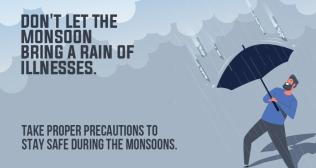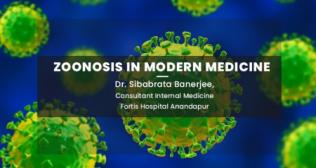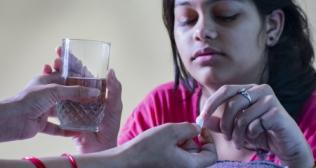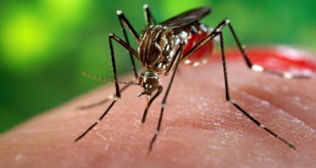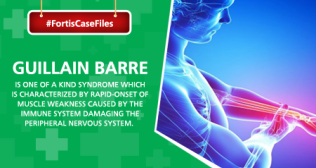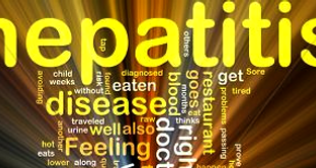
Protect Yourself From Malaria
 Summers are back and so is the season of many summer time health menaces. It is that time of the year which brings about most cases of bacterial, viral and parasitic infections, food poisoning and water-borne diseases.Vector borne infections rely upon organisms, named vectors (such as mosquitoes, ticks or flies), that have an active role in the transmission of a pathogen from one host to the other.
Summers are back and so is the season of many summer time health menaces. It is that time of the year which brings about most cases of bacterial, viral and parasitic infections, food poisoning and water-borne diseases.Vector borne infections rely upon organisms, named vectors (such as mosquitoes, ticks or flies), that have an active role in the transmission of a pathogen from one host to the other.Malaria The most deadly vector borne disease, Malaria, kills over 1.2 million people annually and it remains one of the most infectious diseases in the world. How Malaria Spreads Malaria is a disease of the blood that is caused by the Plasmodium parasite, which is transmitted from person to person by a particular type of mosquito. Commonly, the disease is transmitted by a bite from an infected female Anopheles mosquito, which introduces the organisms from its saliva into a person's circulatory system. In the blood, the parasites travel to the liver to mature and reproduce. Symptoms Early stage symptoms of Malaria: • A high fever • Chills • Headache • Sweats • Tiredness • Nausea • Vomiting Other common symptoms may include: • Dry cough • Back pain • Muscle ache Protection and Prevention • Stay inside when it is dark outside, preferably in an air-conditioned room. • Wear protective clothing (long pants and long-sleeved shirts). • Use insect repellents. • Formal Ultra Violet (UV) repellents are effective in close space. • Use bed nets (mosquito netting) instead of the coils. Coils are injurious to the lungs and should never be lit around children and those with asthma. A community effort could be undertaken to prevent malaria in your vicinity: Awareness should be created among resident welfare associations (RWAs) about ways to prevent the mosquitoes from breeding in your areas. Involving community children in these activities can make it even more successful.Pay utmost attention to the sanitation of sewage and drainage systems and garbage sites with the help of your local municipal authorities. Never allow water stagnation in and around the household since most malaria mosquitoes breed in stagnant water. Clean your water tank, coolers at least once a week and change the water of your flower vase often. Travel safe If you are travelling to a malaria-prone area, do not forget to take appropriate prophylaxis by consulting your doctor, and take precautions to protect yourself from the bite. The majority of people who become infected with malaria do not take preventive malaria medicines or do not follow the correct dosing schedule. Self- care at home • Always keep the patient protected inside a mosquito net. • Maintain a strict personal hygiene. • Have a normal diet and plenty of fluids.
Categories
Clear allMeet the doctor

- Internal Medicine | Internal Medicine | General Physician
-
25 Years
-
2000







